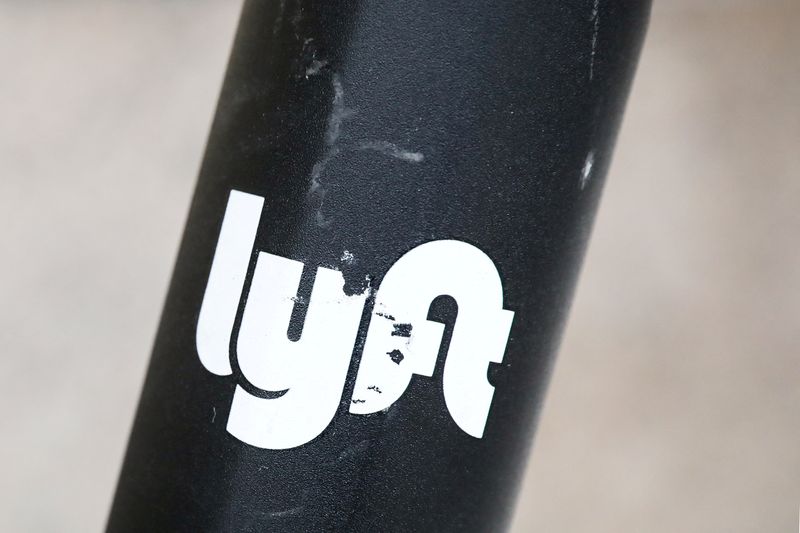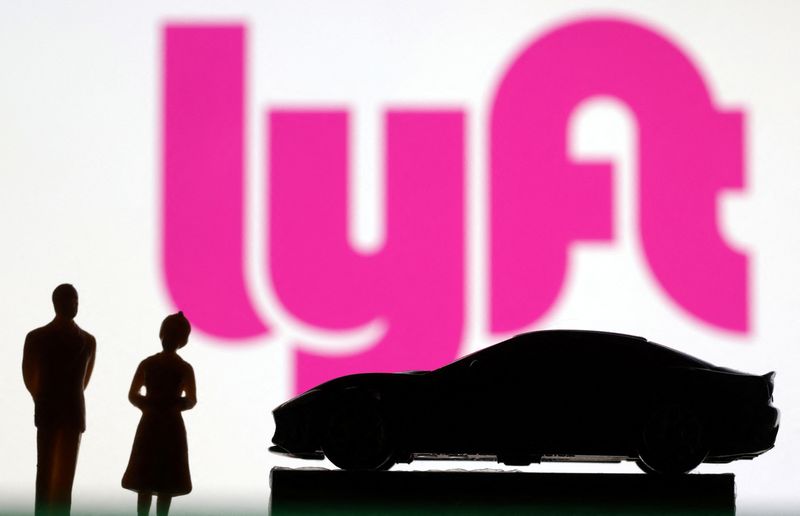By Nivedita Balu
(Reuters) - Ride-hailing firm Lyft Inc (NASDAQ:LYFT) on Monday forecast current-quarter revenue below Wall Street estimates as user growth on its platform slows, losing out to bigger rival Uber Technologies (NYSE:UBER) Inc and sending its shares down 13%.
Lyft's active riders rose 7.2% to 20.3 million in the third quarter, the smallest quarterly growth recorded so far this year, and missed the estimate of 21.3 million, according to FactSet.
But revenue per active rider increased 13.7% to $51.88, the highest growth compared to the prior two quarters.
Uber controls a bigger chunk of the rideshare market share and has operations outside of the United States, while also benefiting from its food delivery business.
Expectations for Lyft were high after Uber reported a bumper quarter and last week said it was not seeing any signs of consumer weakness.
Graphic: Lyft's rider growth is slowing https://graphics.reuters.com/LYFT-RESULTS/dwvkdgbzwpm/chart.png
"Lyft is losing market share to Uber, because it lacks the cross-platform offer Uber has built through ride-sharing and Eats," Third Bridge analyst Nicholas Cauley said.
Lyft executives, however, on a post-earnings call told analysts they were not seeing any concerning macro trends going into the fourth quarter, and were betting on cost-cutting efforts - from headcount reduction to closing office spaces - and demand to boost profitability and growth.
"Historically in a recessionary environment ... transportation is durable because we need to get around, but delivery and takeout is less durable," Lyft President John Zimmer said in an interview.
For the fourth quarter, the company expects revenue between $1.15 billion and $1.17 billion, while analysts expect $1.17 billion, according to Refinitiv IBES data.
The company flagged an impact from higher insurance rates in the current quarter as it pays for drivers' insurance.

It forecast adjusted EBITDA (earnings before interest, taxes, depreciation and amortization), a profitability metric keenly watched by investors, between $80 million and $100 million, compared with analysts' forecast of $84.5 million.
"It's more of a cost cut-driven beat than a growth-driven beat," D.A. Davidson analyst Tom White said.
